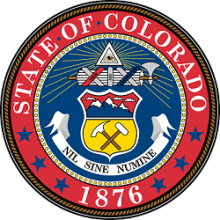Special Event: ILSR To Host Live Forum on Advancing Affordable Broadband State By State
As states consider filing or supporting legislation similar to New York’s Affordable Broadband Act that requires large broadband providers to offer a low-cost plan for low-income households, ILSR’s Community Broadband Networks Initiative is hosting a special live forum focused on what New York lawmakers did with the law and the ripple effects it has created.
“Consider Affordable Broadband State-By-State” will be held live on Monday February 3rd from 3:30 to 4 pm ET on ILSR’s YouTube channel, or below.

The agenda will focus on what New York’s affordable broadband law includes and what other states may want to consider in crafting similar legislation.
The livestream will be free to any interested participants. It can be viewed here.
Bring your questions as the live forum will hold space for Q&A.
Ahead of the live stream, you can read our analysis and our fact sheets on the law here and here.













